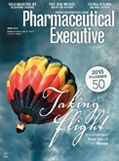2015’s Disruptive Dozen
Pharmaceutical Executive
The World Medical Innovation Forum unveils its inaugural list of breakthrough neuroscience technologies. We highlight a few here.
Neuroscience luminaries clamored onto the stage at the World Medical Innovation Forum in Boston in May to present the meeting’s much-anticipated “Disruptive Dozen.” It was a truly impressive feat of engineering to squeeze the 14 experts onstage.
Casey McDonald
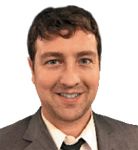
The purpose of the Disruptive Dozen is to identify and rank the breakthrough technologies that the Partners Healthcare faculty feel will revolutionize neurological care over the next decade.
A glance read might give the sense that we’ve got a long way to go in neuroscience; innovative leaps occurring across so much of biomedicine are stalled by the complexities and inaccessible nature of the nervous system. But the tenor of the researchers, some of the biggest thinkers leading investigation of the mind, is hopeful and inspired.
The list endorses somewhat vague notions and is less specific than most technology top 10 lists. As fellow communicators of industry and science, we certainly grasp the importance of packaging and the power of an enumeration of 10 (or 12) hot button items. See for yourself how well the Partners’ attempt to manufacture Facebook and Buzzfeed fodder translates.
#12 Diagnosing and treating neurodegenerative disease through the microbiome
Thinkstock
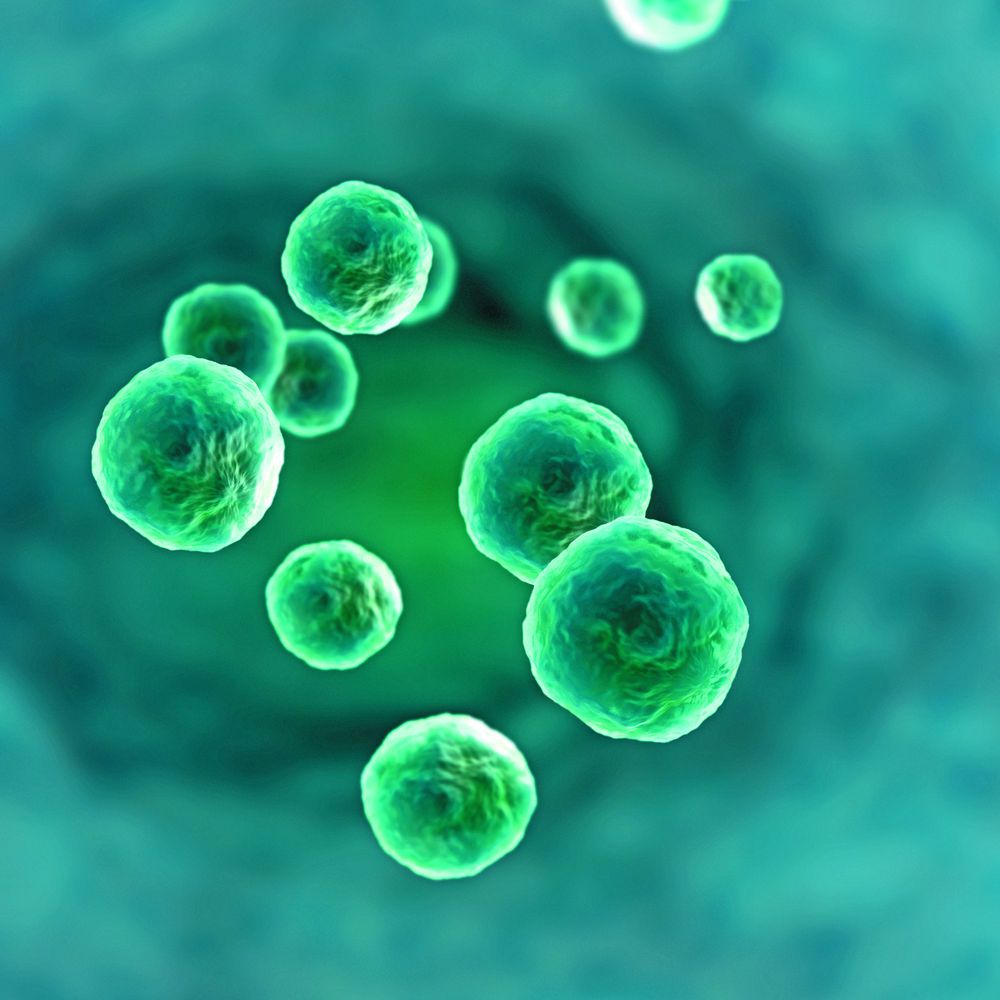
The list leads off with the meme-worthy portmanteau “microbiome.” According to the Disruptive Dozen report, the links between gut microflora and psychiatric and neurodegenerative diseases will become more evident as will solutions that hinge on understanding our plentiful symbionts. The report hints at potential for the microbiome-directed therapies for psychiatric disorders as well as multiple sclerosis (MS) and Parkinson’s disease (PD).
Getty
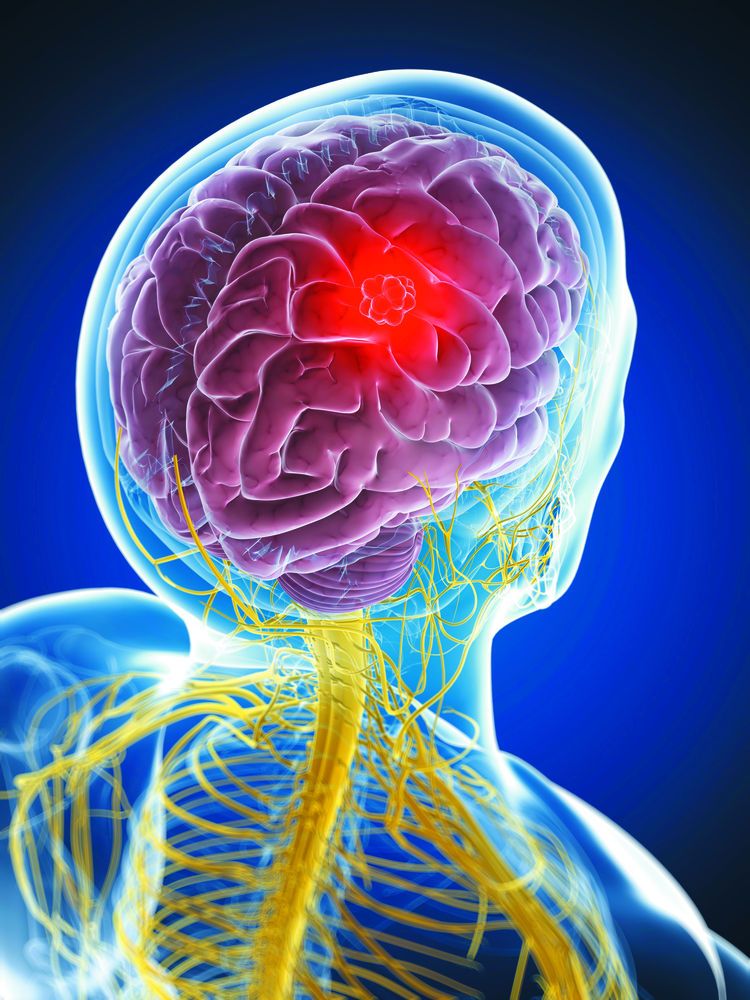
#10 Immune checkpoint inhibitors for brain cancer
Advancing therapies for conditions of the brain is challenging, and this includes cancer. “There have been few significant therapeutic advances in the field over the last two decades and innovative treatment strategies are desperately needed for glioblastoma multiforme,” reads the report. Checkpoint inhibitors that re-arm the immune system to fight cancer have enormous potential across oncology, and the excitement crosses the blood brain barrier.
#7 New aspects of gene therapy
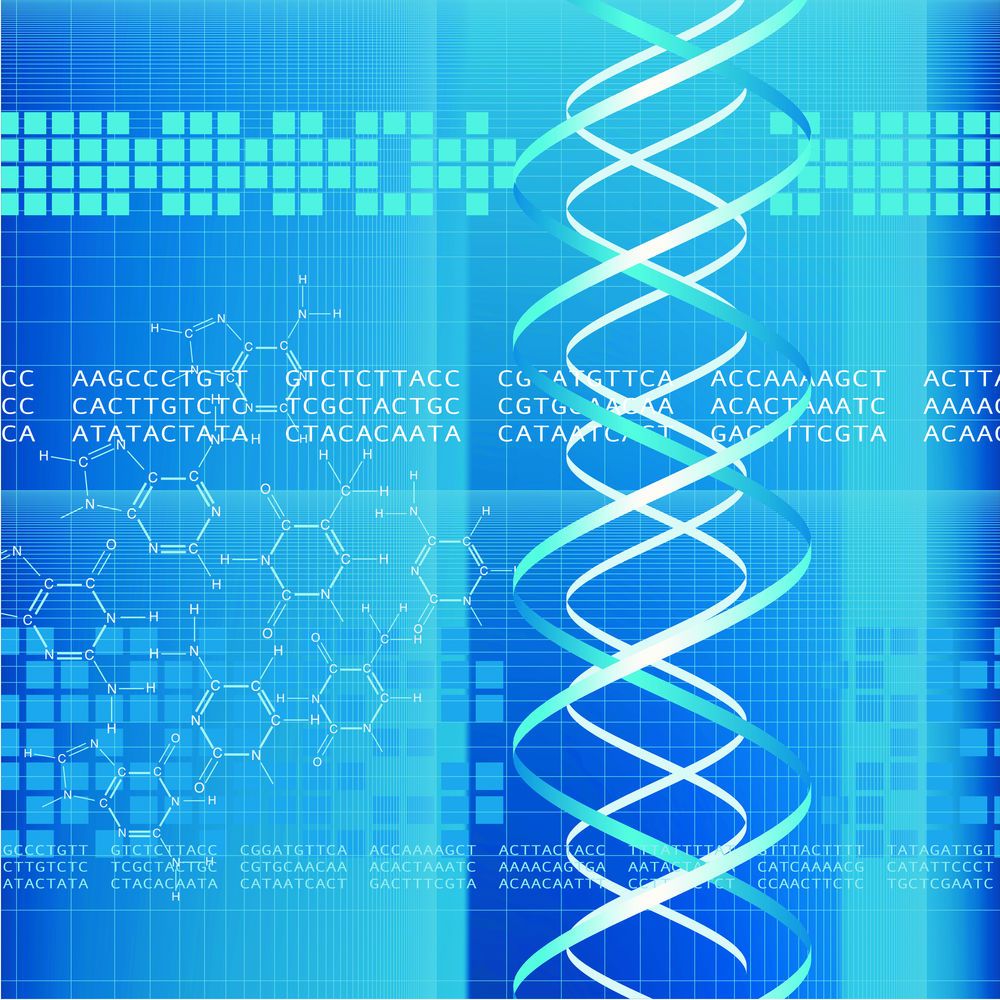
More than 1,800 gene therapy clinical trials over 25 years have amounted to a slow learning curve, but better gene selection, delivery methods, and promising early results are around the corner. PD, amyotrophic lateral sclerosis (ALS), and epilepsy are some disorders that could see early impacts by the steady improvements that are reviving the long-disappointing treatment tactic.
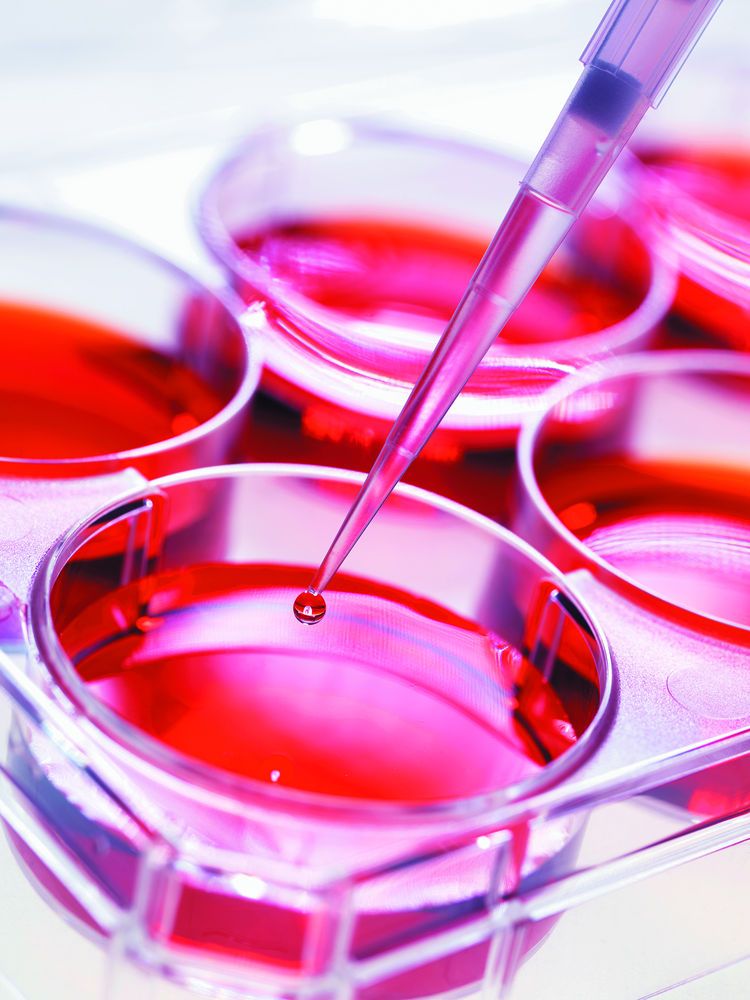
#2 Stem cell therapy to repair and replenish the brain
Stem cell therapies that can either protect or replenish structures of the nervous system are making gains in PD, MS, ALS, and Alzheimer’s disease (AD). Clinical trials for AD are expected to start “soon,” but Phase I and early Phase II trials for other indications have shown promise.
#1 Early diagnosis and treatment of Alzheimer’s disease
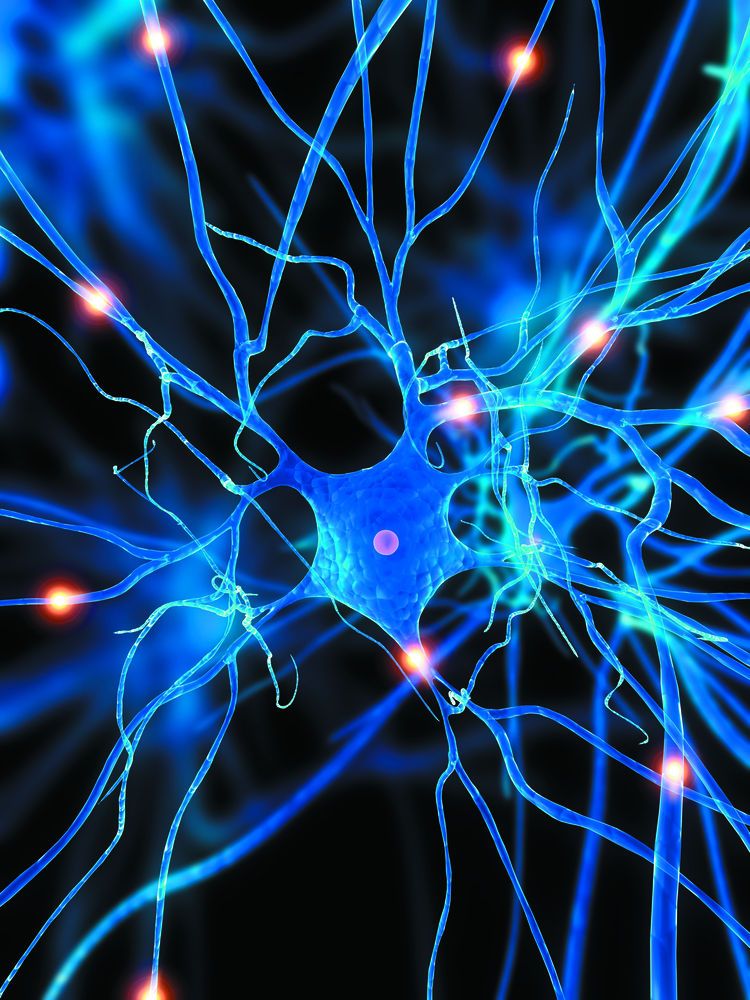
Neuroimaging and diagnosing AD has experienced tremendous strides, but the search is on for cheaper and easier tests, like a blood biomarker. Treatment strategies like passive immunization, multi target approaches, targeting inflammation, and the gut microbiome are all seen as promising avenues for AD research in the next decade.
Casey McDonald is Pharm Exec's Senior Editor. He can be reached at cmcdonald@advanstar.com
Have your say: leave a comment below
